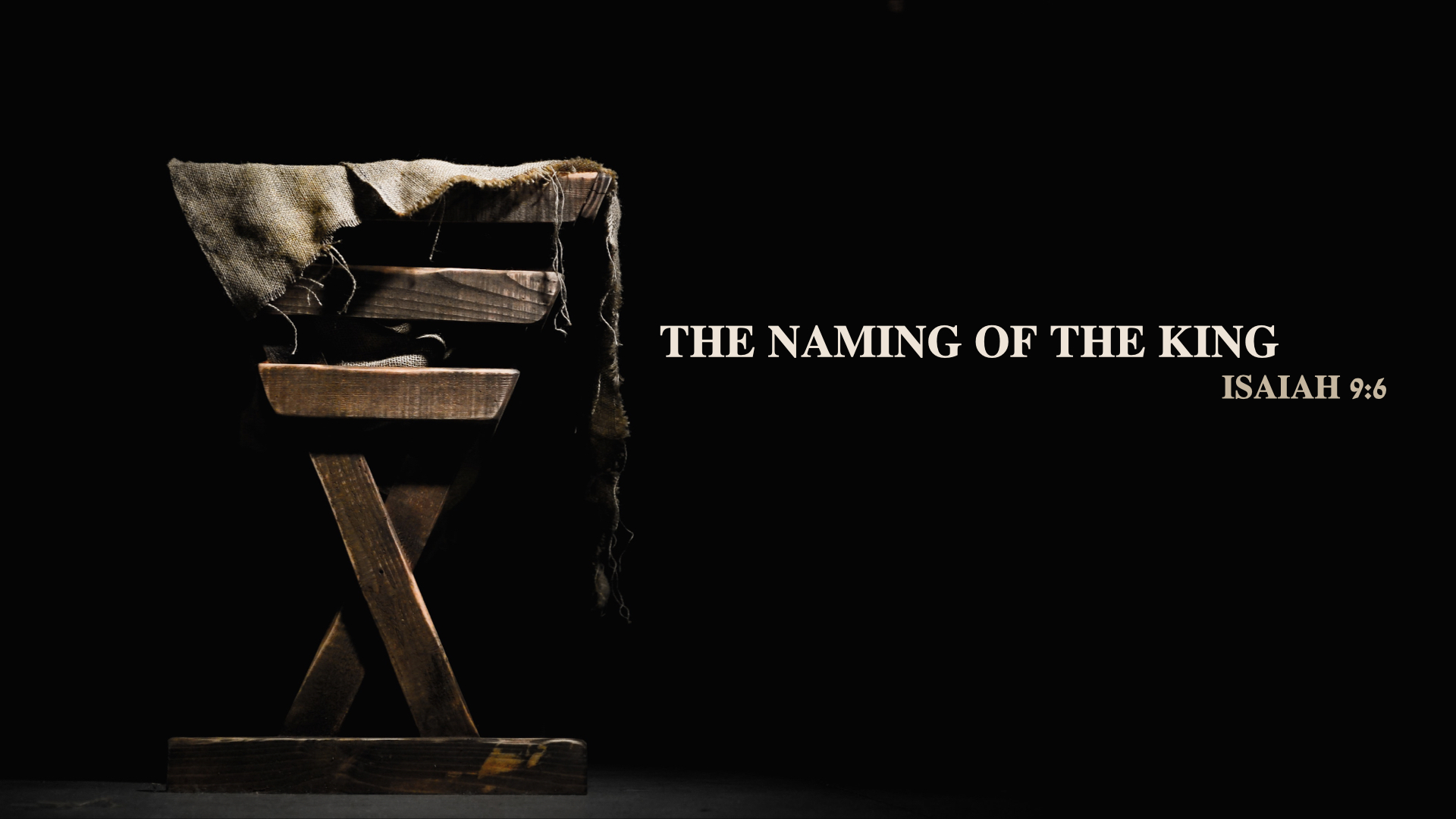Isaiah 9:6

In the vast tapestry of religious scriptures, certain verses stand out as beacons of timeless wisdom, offering solace and inspiration across generations. Among these, Isaiah 9:6 shines brightly, encapsulating profound prophecies and promises that continue to resonate with believers worldwide. Let us embark on a journey through this verse, unraveling its layers of meaning and significance.
Contextual Landscape:
Isaiah 9:6 resides within the rich fabric of the Old Testament, a book revered by Jews, Christians, and Muslims alike. Written by the prophet Isaiah during a tumultuous period in ancient Israel, this prophetic text contains messages of warning, consolation, and divine promise. Against the backdrop of political upheaval and spiritual uncertainty, Isaiah’s words serve as a guiding light for his people, offering hope amidst despair.
The Verse Unveiled:
“For unto us a child is born, unto us a son is given: and the government shall be upon his shoulder: and his name shall be called Wonderful, Counsellor, The mighty God, The everlasting Father, The Prince of Peace.” (Isaiah 9:6, KJV)
At its core, Isaiah 9:6 is a proclamation of divine intervention—a declaration of God’s imminent deliverance through the birth of a special child. The verse unfolds with majestic cadence, painting a vivid portrait of the awaited Messiah and delineating his divine attributes.
Unto Us a Child is Born:
The opening phrase, “For unto us a child is born,” heralds the arrival of a miraculous figure, destined to bring salvation and redemption to humanity. This child, born of humble origins yet bearing the weight of cosmic significance, embodies the epitome of divine grace and mercy. In the Christian tradition, this prophecy finds fulfillment in the birth of Jesus Christ, whose advent inaugurates a new era of spiritual enlightenment and renewal.
Unto Us a Son is Given:
The subsequent declaration, “unto us a son is given,” underscores the divine nature of the promised Messiah. Beyond mere human lineage, this child is bestowed as a gift from God—a manifestation of divine love and providence. In Christian theology, Jesus is revered as the Son of God, whose sacrificial mission epitomizes the boundless compassion of the Creator towards His creation.
The Government Shall Be Upon His Shoulder:
In proclaiming that “the government shall be upon his shoulder,” Isaiah foretells the establishment of a righteous kingdom under the sovereignty of the Messiah. This imagery evokes the concept of divine kingship, wherein the Messiah assumes authority over the affairs of humanity, ushering in an era of justice, equity, and spiritual enlightenment. This notion finds resonance in Christian eschatology, wherein the second coming of Christ is anticipated as the culmination of God’s redemptive plan for humanity.
His Name Shall Be Called:
The latter part of the verse enumerates the majestic titles attributed to the anticipated Messiah, each encapsulating a facet of his divine nature and redemptive mission.
Wonderful:
The designation “Wonderful” conveys the incomprehensible marvel of the Messiah’s nature—an enigmatic blend of divinity and humanity that defies conventional understanding. This epithet invites contemplation on the miraculous nature of God’s intervention in human history, reminding believers of the boundless wonders inherent in the divine plan of salvation.
Counsellor:
As the “Counsellor,” the Messiah is depicted as the ultimate source of wisdom and guidance—a beacon of light amidst the darkness of worldly confusion and strife. In times of uncertainty and doubt, believers are encouraged to seek solace and direction in the divine counsel of the Messiah, whose teachings offer timeless principles of morality, justice, and compassion.
The Mighty God:
In proclaiming the Messiah as “The mighty God,” Isaiah affirms the divine nature of the promised deliverer—a manifestation of God’s omnipotence and sovereignty over creation. This title underscores the Messiah’s role as the divine agent of redemption, whose power transcends earthly limitations and whose authority extends over the realms of heaven and earth.
The Everlasting Father:
As “The everlasting Father,” the Messiah embodies the eternal love and providence of God—a compassionate guardian and nurturer of his people throughout the ages. This title conveys the enduring nature of God’s covenantal relationship with humanity, wherein the Messiah assumes the role of a paternal figure, offering comfort, protection, and sustenance to all who seek refuge in His divine embrace.
The Prince of Peace:
Finally, as the “Prince of Peace,” the Messiah embodies the ultimate source of harmony and reconciliation—a divine peacemaker whose advent heralds the cessation of hostilities and the establishment of universal tranquility. This title resonates with profound significance in a world plagued by conflict and discord, offering a vision of hope for a future characterized by unity, compassion, and mutual understanding.
Conclusion:
In Isaiah 9:6, we encounter not merely a prophetic pronouncement, but a profound declaration of faith—a testament to the enduring power of divine promise amidst the vicissitudes of human history. Across centuries and cultures, believers have found solace and inspiration in the timeless truths encapsulated within this sacred verse. As we contemplate its significance, may we be reminded of the boundless love and mercy of the Divine, manifest in the person of the promised Messiah—Wonderful Counsellor, Mighty God, Everlasting Father, Prince of Peace.





